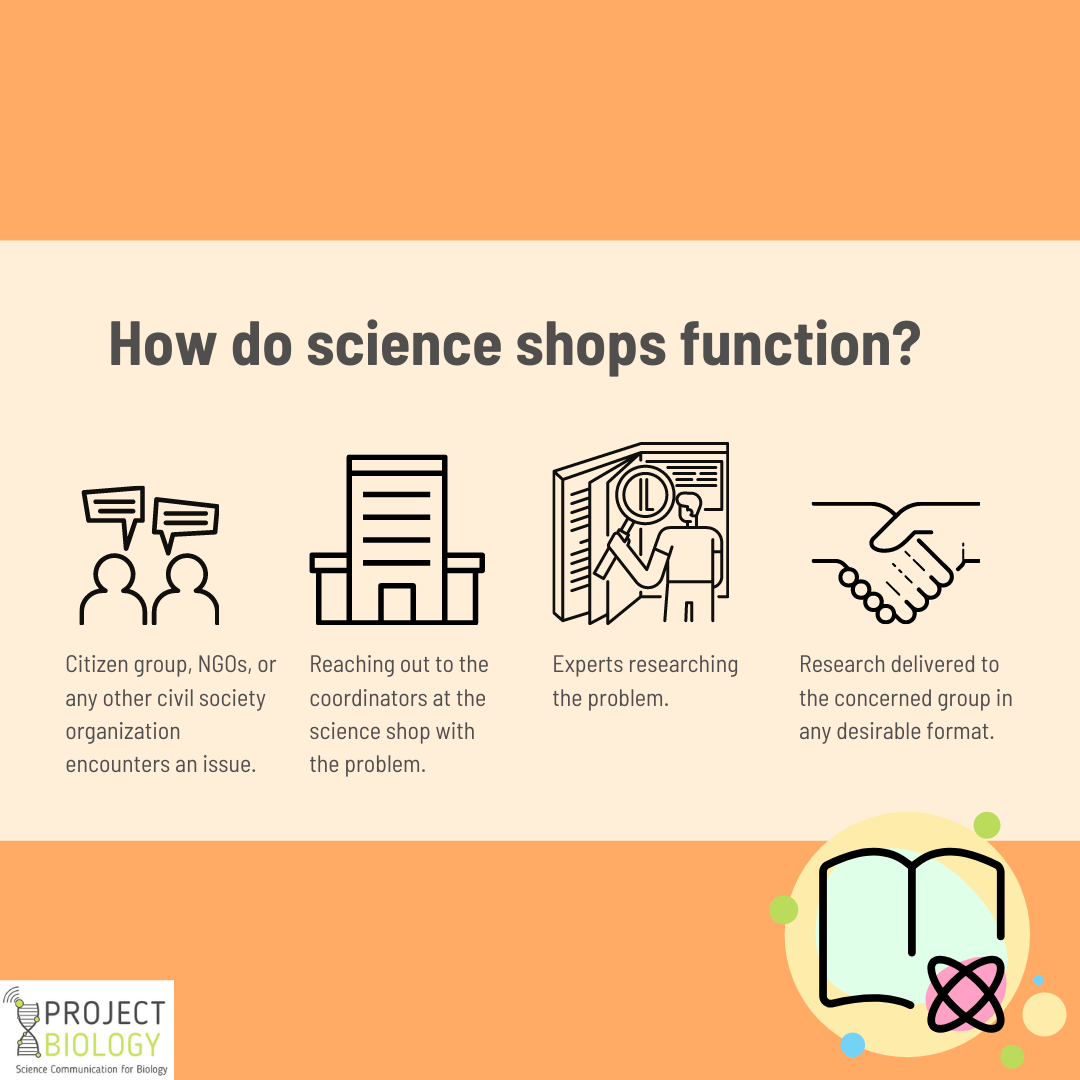Women’s health in most parts of the world usually remains fraught with neglect and prejudice. Such neglect and prejudice are even more common towards queer women and persons assigned female at birth (AFAB) belonging to any marginalized sexual or gender identity.
Thus, in this article, we shall talk about these issues. But to begin with, let us define who this article’s subject is.
In this article, the term ‘queer women’ refers to both cisgender and transgender women. It includes women who define themselves as lesbian, bisexual, pansexual, asexual or any other similar label except heterosexual.
We also include persons AFAB who may not identify as ‘women’ but identify as ‘queer’ in any of the aforementioned ways. These definitions may seem confusing to some. But discussing them upfront brings us to why it is essential to be careful with terms and definitions.
Sensitivity to terminology
One of the most common issues faced by queer and gender-nonconforming people when seeking healthcare is that most healthcare providers insist on using gendered terms. They often misgender patients, seeing it as driven from ‘biological facts,’ even if patients actively express their discomfort.
It does not take much for any person to use someone’s preferred name and pronouns. The reasons for not doing so are rooted in one’s own biases and prejudices, not in biology. Even if a patient is not being misgendered, a conversation about any body part or bodily function can quickly turn uncomfortable for them when it need not be so.
Sensitivity is accuracy.
Before using any gendered terms referring to any body parts, especially the reproductive or endocrine system, or bodily functions such as menstruation, it is good to ask the patient what terms they are comfortable with.
For example, pregnancy and childbirth are something that any person assigned female at birth might go through. It may include a cisgender woman, a nonbinary person, or a transgender man.
Only the first of these three categories, i.e., cisgender women, may be comfortable using the term ‘mother.’
But insisting on using the word ‘mother’ for someone who doesn’t want to be referred to as one constitutes an act of prejudice. It’s also not always biologically accurate.
In this case, the accurate term is the gestational parent. The word ‘mother,’ a social construct, only lends a specific gendered meaning acceptable to cis-normative society.
These answers may vary from person to person, so it is good to ask them upfront instead of assuming.
How not to communicate prejudice.
Further, insisting on asking about a patient’s sex life or reproductive health even when it comes to unrelated conditions and touting heterosexuality, unfortunately, remains a pretty common practice among many healthcare providers.
These biases and prejudices amplify when it comes to those not fitting the norms on gender identity or sexuality. What is needed for healthcare providers and communicators in this field is to combat these biases and prejudices in themselves and others actively.
Moreover, expectations regarding reproduction should not be unfairly imposed on those who are unwilling. Simultaneously, sexuality or gender identity should not form the basis for withholding correct information and assistance from willing individuals.
In other words, queer persons, whether as individuals or as part of a family unit, have as much of a right to be parents as any cisgender heterosexual couples. And they should receive adequate information and assistance for this purpose.
To summarize, receiving information about reproductive health is an equal right for everyone, irrespective of their sexuality, gender identity, relationship status, or parental status.
Where conversations on reproductive and sexual health lack?
More than reproductive health, conversations around sexual health for queer individuals mainly focus on sexually transmitted diseases. While many of those conversations concern gay and bisexual men for historical reasons, they are equally relevant to queer women and queer AFAB persons.
Furthermore, the spectrum of diseases, treatments, and prevention among queer women and queer AFAB persons overlap with heterosexual women, not just queer men.
Thus, creating a supportive and enabling environment for queer women and queer AFAB persons to seek healthcare or health-related information when they need it is important.
This re-emphasizes why healthcare providers and communicators should get rid of biases and prejudices.
Sexual & mental health
In most conversations on sexual health and healthcare in general, the giant elephant in the room is mental health. Although mental health deserves a detailed discussion, one should note the interdependence of mental health and physical health.
The last few decades undoubtedly saw positive changes in social attitudes towards marginalized sexual and gender identities. Thus, queer individuals can now find a supportive community and accurate information with greater ease than ever before.
However, various adverse mental health outcomes ranging from depression to suicidal ideation still occur at higher rates among sexual and gender minorities. Lack of acceptance in society, especially by one’s natal family and peers, continues to drive these adverse outcomes. Additionally, social and economic discrimination in most aspects of life also continues to prevail.
Besides these causes, attributed to culture at large, some factors are rarely discussed, which can significantly impact mental health. For example, discrimination within the queer community against different parts of the spectrum, other forms of discrimination based on religion, caste, class, etc., sexual violence, intimate partner violence, and different traumatic experiences within the community are all rarely discussed openly.
Conversations around these issues are often affected by guilt and shame at multiple levels. One reason is that queer relationships are still primarily seen as a deviation from mainstream society. More importantly, speaking out can lead to loss of community. Why? Because the person speaking out takes the blame for threatening the solidarity of the queer community.
Move ahead biases, stay true to science.
A healthcare provider or communicator needs to treat all such issues with sincerity and sensitivity, analogous to the heterosexual population. It applies not just to mental health but all other aspects discussed above.
Always talk to patients or the target community (for a scicommer). Keep your mind and ears open. Do not hear, listen to the people, learn from them and their experience to communicate better. Because even when patients are not so well-informed, just listening to them and being sensitive about how they talk about their own bodies can go a long way in reassuring them.
Thus, getting rid of our biases and prejudices on all these aspects can only enable every person, irrespective of their sexuality or gender identity, to access healthcare and health-related information when they need it.




